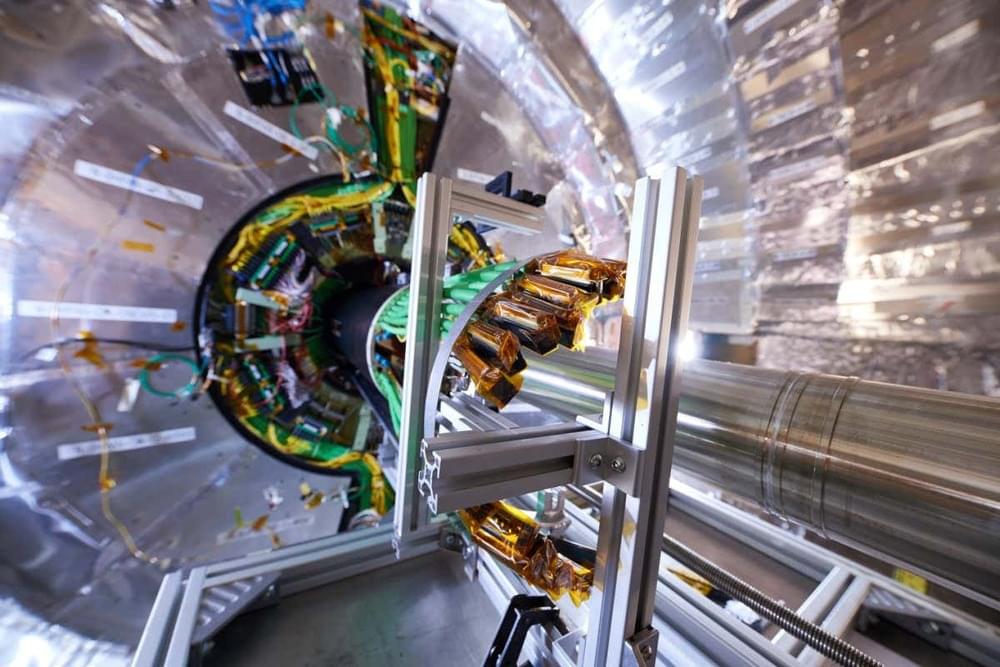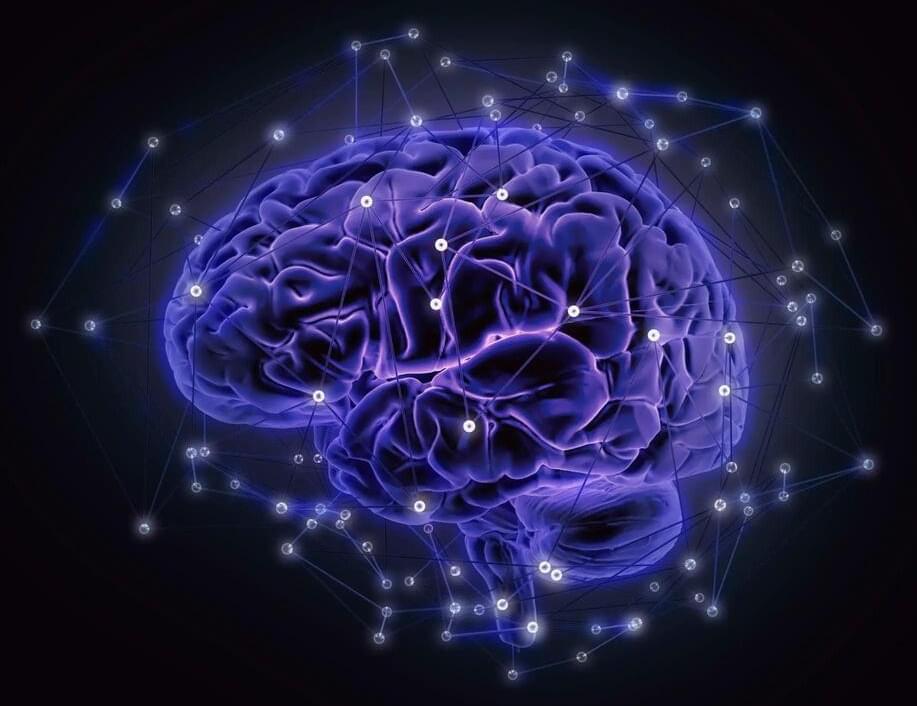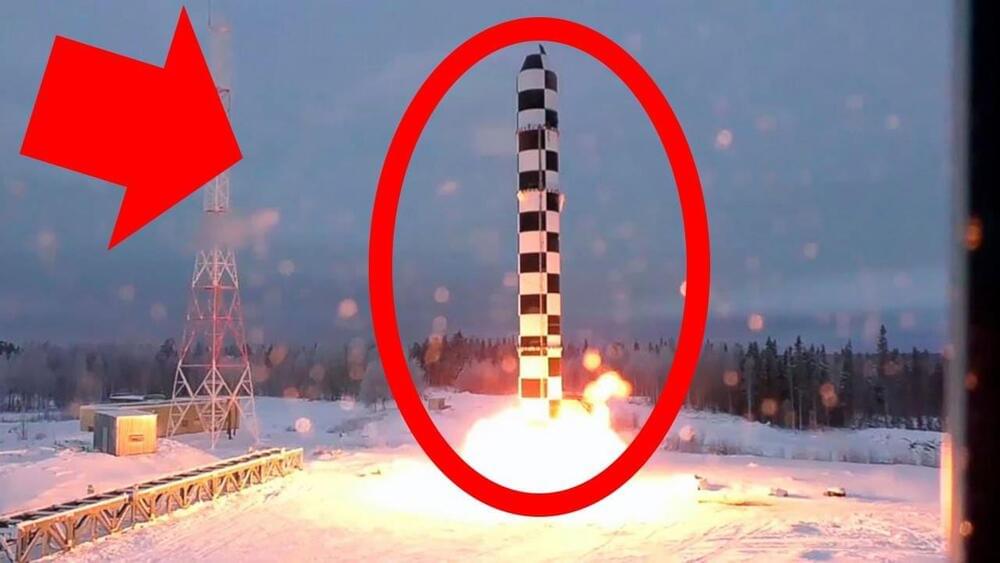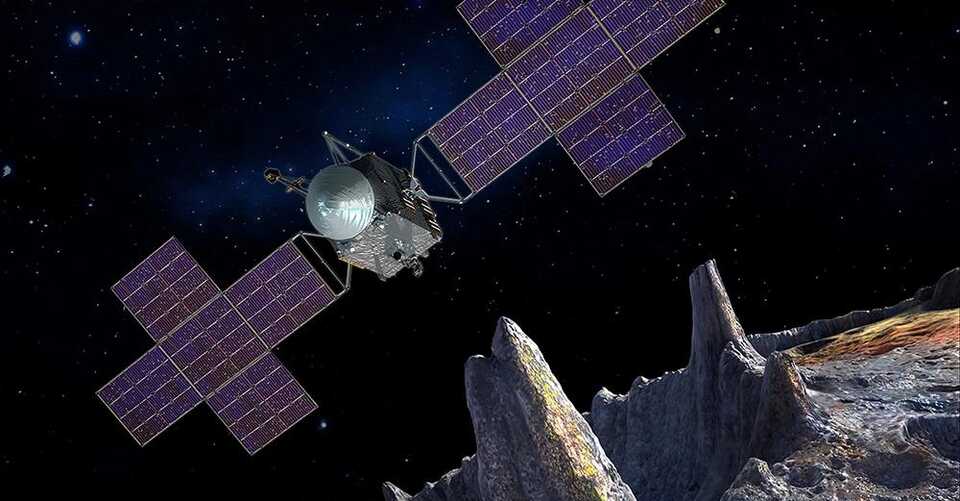Jan 28, 2023
The Fifth Dimension’s Portal Has Been Found, According to Scientists — archeology and animals Blog
Posted by Dan Breeden in categories: cosmology, particle physics
In a new study, scientists say that a particle that links to a fifth dimension can explain dark matter.
The “warped extra dimension” (WED) is a trademark of a popular physics model that was first introduced in 1999. This research, which was published in The European Physical Journal C, is the first to use the theory to explain the long-standing dark matter problem in particle physics. 
The idea of dark matter, which makes up most of the matter in the universe, is the basis for what we know about how the universe works. Dark matter is like a pinch-hitter that helps scientists figure out how gravity works. Without a “x factor” of dark matter, many things would dissolve or fall apart. Even so, dark matter doesn’t change the particles we can see and “feel,” so it must have other special qualities as well.


















